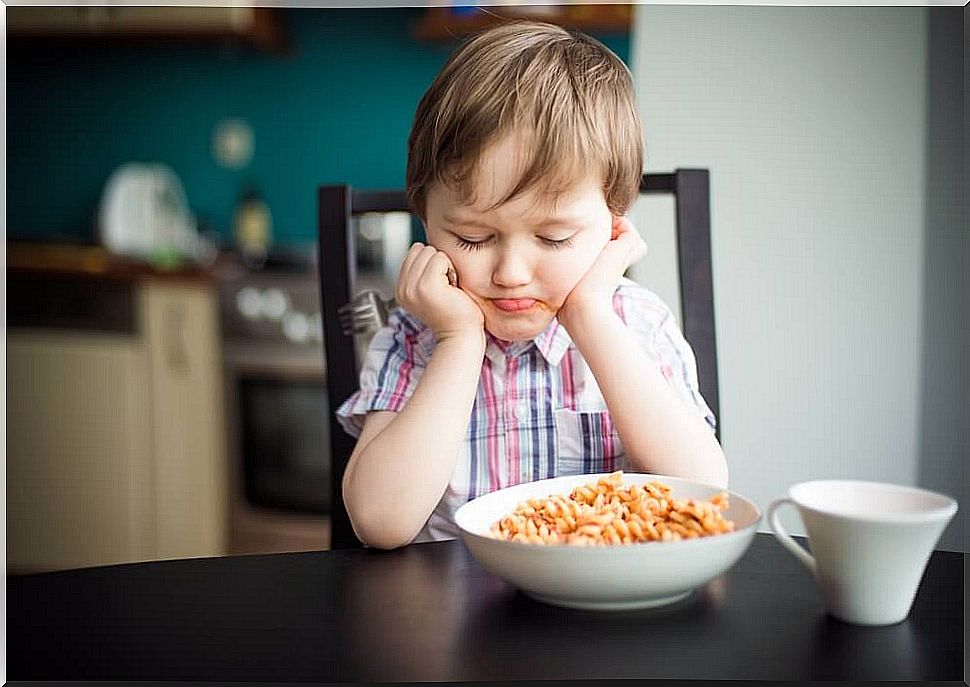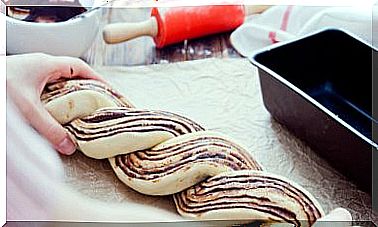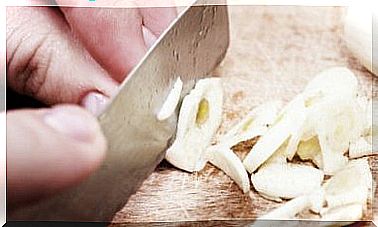My Son Does Not Like To Eat: What To Do
You’ve tried everything, but you just end up admitting, “My son doesn’t like to eat.” Why does it happen? Could your child have a problem? Or is it a consequence of the family food tradition and culture? Read on to find out why children often have trouble with food.
Why is my child not eating?
If your child does not like to eat, it is very likely that you are worried, and it is not for less, since, if there is not a good diet, the little one will not be able to develop correctly. In reality, children who do not eat well are more exposed to the factors that trigger certain diseases.
However, this situation is often common in toddlers and preschool-age children. For what reason? As they get older, children demand more independence and want to eat alone ; Furthermore, this fact is related to changes in appetite.
Fortunately, these imbalances are normal and do not last for a long time. According to information compiled in the Journal of Clinical Psychology with Children and Adolescents , 25 children out of 100 have feeding problems in normal situations. So your case is not the only one.
Signs and risk factors
Although there are certain stages in which children do not want to eat, we must take care that this situation does not become a more serious problem. Therefore, below we share some symptoms that indicate warning signs in the child’s health.
- Weight loss or underweight.
- Irregular growth.
- Nutritional deficiencies
- Inadequate psychological development.
In summary, you should pay special attention to two important parameters: the frequency and duration, as well as the number and magnitude of the episodes. If you notice major changes, don’t hesitate to see your doctor for professional care.
Why doesn’t my child like to eat?

The fact that your child refuses to eat can be due to several factors. According to a study published in Pediatric reports , this includes personality characteristics, health status and the eating learning that he has had.
Likewise, it is important to include information regarding parents: parental behaviors and nutritional habits almost always tend to have an impact on children’s inappropriate behaviors. Some of the paternal factors that affect children are:
- Educational skills.
- Knowledge about food.
- The couple relationship.
- Your physical and emotional state.
What can you do if your child does not like to eat?
Set meal times
It is vital for a child to offer three meals and two snacks a day at the same time every day. If you stick to schedules with discipline, your little one will almost certainly have an appetite at mealtime.
It is also important to set a time limit for eating. Taking 20 minutes is enough for a child to consume the corresponding foods.
Do not force him to eat
Sometimes, out of desperation, parents prepare special meals or force children to eat.
- If your child does not want to eat, the most appropriate thing is to wait until the next meal, when he is hungry.
- If you push it, it will create a tense atmosphere and relationship between you.
Use reinforcers
The so-called “token economy” has proven to work well. This technique increases the motivation and receptivity in the child to try new foods.
- In addition, it helps the child eat in less time and eat all their food. why do not you try it?
Eat as a family
A good part of food education is for the family to eat together whenever possible. Eating together, without stress and arguing, will help your little one enjoy mealtime.
- This habit is being lost because of modern life, and it can affect the health of the whole family.
Other short guides

As compiled by a publication in Paediatrics & Child Health , there are other measures that can help you improve your children’s eating behaviors:
- Offer different foods. Try trying new foods one at a time. You will need to try 15 or 20 times to achieve it. Therefore you must have patience and perseverance.
- Teach him good eating habits. Part of psychoeducation for the child to adopt a good diet is to show him the importance of eating well to maintain good health.
- Let him help you in the kitchen.
- Add fun to food. Use cookie cutters, make faces with food, or any other idea that helps your little one find food attractive and get excited about new foods.
- Avoid giving or taking food from your child as a reward or punishment.
- The little one should eat what is prepared. However, it is good to include at least one food that you like along with the other dishes.
- Make sure you don’t satisfy her hunger with milk, juice, or sweetened beverages between meal periods.
- Serve appropriate portions according to the age of your child.
- When you go shopping, allow him to choose healthy foods that he wants to eat.
- Serving as an example is vital. Showing your child that you eat healthy and varied foods invites him to do the same.
In summary
Remember: if your child does not like to eat, you should not pressure him. Children usually eat when they are hungry and stop eating when they are full.
On the other hand, your main task is to offer a good variety of healthy foods that your child can choose from and decide how much to eat or even not eat. We hope these tips help you improve your eating behaviors at home.









